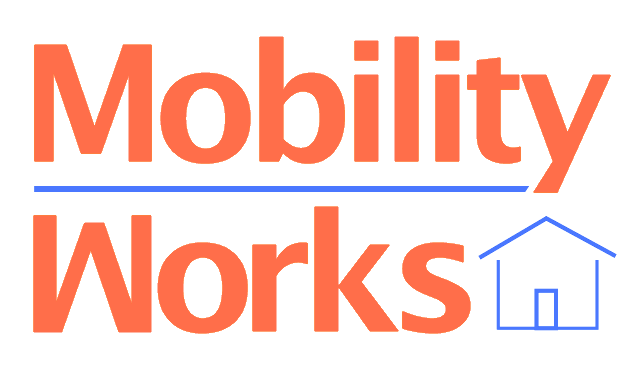Check out our webinar on the available funding here.
On July 15, 2020, the Department of Housing and Urban Development (HUD) announced the availability of $50 million for public housing agencies (PHAs) to develop programs to help low-income families with housing vouchers access low-poverty, high-opportunity areas. Participating PHAs can now apply for funding (through October 13, 2020) to provide individualized housing mobility counseling and search assistance, landlord recruitment in low-poverty, well-resourced neighborhoods, and continued support for families after their move.
The demonstration funds, appropriated through the 2019 and 2020 Transportation, Housing and Urban Development, and Related Agencies Appropriations Acts, will be accompanied by research grants to study best practices in housing mobility programs.
Read the September 2018 letter from national organizations sent to the Senate advocating for the funding.
Statements from Mobility Works Organizations:
Adria Crutchfield, Executive Director of the Baltimore Regional Housing Partnership (acrutchfield@BRHP.org):
“For the past 15 years, BRHP has seen first-hand the positive long-term educational, economic, health and social outcomes of housing mobility programs for thousands of families, particularly children. It’s evident now more than ever that we need solutions to address the persistent and ravaging impacts caused by housing insecurity, racial segregation and deep poverty across the country. Funding from the HUD Housing Choice Voucher Mobility Demonstration will allow housing providers to afford innovative services to families seeking a better quality of life and will undoubtedly make our communities stronger, healthier, and more just in the future.”
Peggy Bailey, Vice President for Housing Policy at the Center for Budget and Policy Priorities (pbailey@cbpp.org):
“COVID-19 shined a spotlight on injustice in this country. Today, a child’s long-term outcomes can be reliably predicted based on their zip code. HUD’s Mobility Demonstration Program provides resources to right this wrong and help families, building upon research-based best practices. Families can secure housing and thrive in new neighborhoods, when agencies provide quality support services. Agencies can take steps to mitigate against barriers such as high local rent, a fear of racism and discrimination, and a lack of landlords willing to accept housing vouchers. This includes improving policies to calculate rent and proactively engaging new landlords. Thanks to this new program, families will have more choices in where they live.”
Andrea Juracek, Executive Director of Housing Choice Partners – Chicago (ajuracek@hcp-chicago.org):
“Housing Choice Partners has witnessed time and again the want and need of families with vouchers to move to safe neighborhoods with well-performing schools. The Mobility Demonstration will make that move possible for so many more families throughout the country by providing the funding and resources to help voucher participants navigate the rental housing market and remove barriers to living in neighborhoods where they can thrive. Investing in mobility programs at this level is a direct investment in low-income families. We encourage housing authorities in regions that have great disparities in neighborhood amenities and wealth to apply and create strong mobility counseling programs so that their participants can have the choice and ability to access areas of greater opportunity.”
Demetria McCain, President of the Inclusive Communities Project – Dallas (dmccain@inclusivecommunities.net):
“As one of the three long-running housing mobility programs in the country, the Inclusive Communities Project is excited that HUD is moving to implement the Mobility Demonstration authorized by Congress. Housing Mobility works for voucher families, landlords, and communities. We have witnessed this based on decades of research and real-life experience working with voucher families. The Demonstration will support PHAs who want to help their families access the opportunities they long for and deserve.”
Philip Tegeler, Executive Director of the Poverty & Race Research Action Council (ptegeler@prrac.org):
“The Housing Choice Voucher program is our nation’s largest low-income housing program, and it was originally intended to offer housing choices that our traditional highly segregated public housing programs did not provide. But the voucher program has never lived up to its promise of expanded housing choice – due to low rent caps, landlord discrimination, and program incentives that discourage housing agencies from expanding choice. We hope that this exciting new demonstration program will inspire changes at HUD so that every housing authority in America can start practicing housing mobility.”

